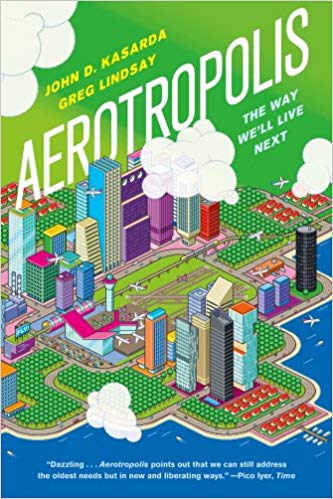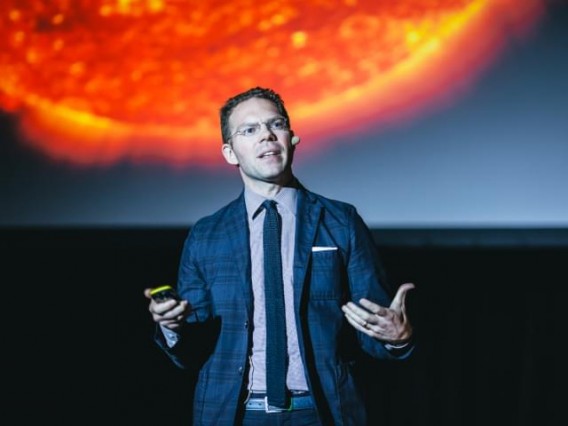Biography
Greg Lindsay is a journalist, urbanist, futurist, and speaker. He is the director of applied research at NewCities and director of strategy at its mobility offshoot CoMotion. He is also a non-resident senior fellow of the Atlantic Council’s Foresight, Strategy, and Risks Initiative, a senior fellow of MIT’s Future Urban Collectives Lab, and a visiting scholar at New York University’s Rudin Center for Transportation Policy & Management.
He’s been cited as an expert on the future of cities, technology, and mobility by The New York Times, The Washington Post, The Wall Street Journal, The Guardian, USA Today, CNN, NPR, and the BBC. He’s a partner at FutureMap, a geo-strategic advisory firm based in Singapore, and has advised Intel, Samsung, Starbucks, Audi, Chrysler, Hyundai, Tishman Speyer, British Land, André Balazs Properties, Emaar, and Expo 2020, among many other organizations. He was the inaugural urbanist-in-residence at URBAN-X — BMW MINI’s urban tech accelerator.
Greg speaks frequently about globalization, innovation, and urbanization, most recently at Sandia National Laboratories, the U.K. Treasury, the OECD, Harvard Business School, the MIT Media Lab, Deloitte, and McKinsey. His work with Studio Gang Architects on the future of suburbia was displayed at New York’s Museum of Modern Art (MoMA) in 2012. His work has also been displayed at the 15th and 16th Venice Architecture Biennales, the International Architecture Biennale Rotterdam, and Habitat III. He sits on the board of Aerial Futures, and is guest curator of the 2018 and 2019 editions of reSITE.
His writing has appeared in The New York Times, The Wall Street Journal, Bloomberg BusinessWeek, Harvard Business Review, The Financial Times, McKinsey Quarterly, Inc., The Atlantic, Quartz, The New Republic, Politico, The Economist Group, The World Economic Forum, The Nikkei Asian Review, European Management Journal, World Policy Journal, Next City, Time, Wired, New York, Slate, Marie Claire Italia, Travel + Leisure, Condé Nast Traveler, and Departures. He was previously a contributing writer for Fortune and Fast Company, and an editor-at-large for Advertising Age. He is co-author of the 2011 critically acclaimed international bestseller Aerotropolis: The Way We’ll Live Next.
Greg is a two-time Jeopardy! champion (and the only human to go undefeated against IBM’s Watson). He lives in Montréal with his wife Sophie Donelson and their two children.
Videos
Where The Robot Meets The Road
Greg Lindsey - Cities-as-a-Service - Ananda Urban Tech
MUF2019/ Future street. A walk with an urbanist, futurist and mobility expert/ 05.07
Greg Lindsay - Expert on Globalization, Urbanization and Innovation
Speech TopicsExpand each topic to learn more
Downtowns are done. The office is dead. Delivery is the future. At least two of these are wrong – but why? The pandemic may be over, but work-from-anywhere is here to stay. That doesn’t mean the end of the office, but whole new ways of working closer to home and together with more fluid buildings and organizations to match. That, in turn, means rethinking who and what cities are for – forget downtowns vs. suburbs and imagine new uses for empty offices and packed streets. Behind the scenes, technology is turning restaurants and retail inside-out through deliveries, “dark stores” and automation. And above all lurks the threat of climate change and the opportunity of “the Metaverse” to transform the Internet as we know it. Drawing on his research and foresight work for Cornell Tech, Climate Alpha, and MIT’s Future Urban Collectives Lab, Greg Lindsay explores the post-pandemic landscape and explains why the future won’t be as socially-distanced as you might think.
“The Metaverse” may be the future, but what is it? While Mark Zuckerberg hopes you’ll never leave your home again, in reality the next generation of the Internet will beckon us outside, into a world in which information is everywhere — if you can see it. Welcome to the real-world metaverse, where you can change reality like changing a channel. How will this change our relationship to each other and to the world? How will these reality channels transform where we live, how we shop, and how we move through enchanted worlds? Drawing on his “Metaverse Metropolis” project at Cornell Tech university, Greg Lindsay offers real advice and lessons from the technologists, designers, and experts building this real-world metaverse.
Nearly half of Americans were victims of a climate disaster last year, whether fire, floods, heat waves, or hurricanes with insurable losses of more than $100 billion. As people wake up to the realities of climate change and the growing threat to their homes, livelihoods, and families, many are beginning to ask, “Where should I live someday?” Fortunately, we have answers. Combining climate science with demographics and using artificial intelligence, we can predict tomorrow’s more resilient regions. Climate change isn’t just a story about mounting catastrophes, but also opportunity — if we harness the right technologies, policies, and political will to build back better elsewhere. Drawing on his work with the startup Climate Alpha, Greg Lindsay offers cutting edge analysis and maps to explain why and where a warming world may still have shelter for us all.
Blog Posts

Women’s History Month Keynote Speakers Who Change What Happens Next in 2026
Women's History Month demands more than applause; discover keynote speakers who create recognition that drives real change.
Read More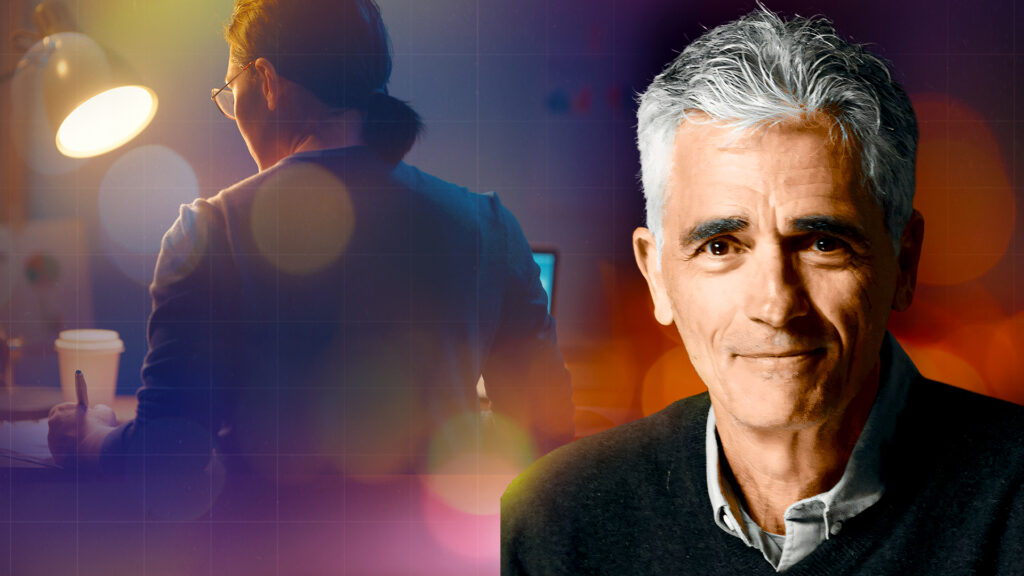
Keynote Speakers Who Tell Great Stories Get Booked More in 2026
Keynote speakers need more than craft to get booked. Learn the mindset shift that builds sustainable speaking careers.
Read More
Happiness at Work Is the Performance Strategy You Need, with Jessica Weiss
Happiness at work is a performance strategy, not a perk. Learn how Jessica Weiss helps teams build real, sustainable happiness.
Read More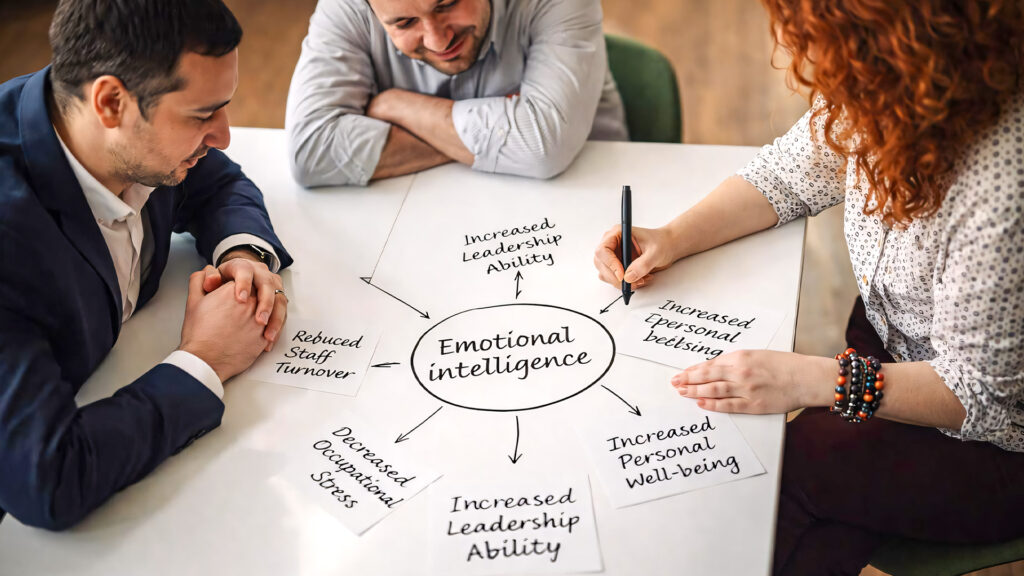
Emotional Intelligence Skills That Hold Up Under Pressure
Emotional intelligence is more than a buzzword. Here's what real EQ looks like under pressure, and the keynote speaking voices building it on stages in 2026.
Read More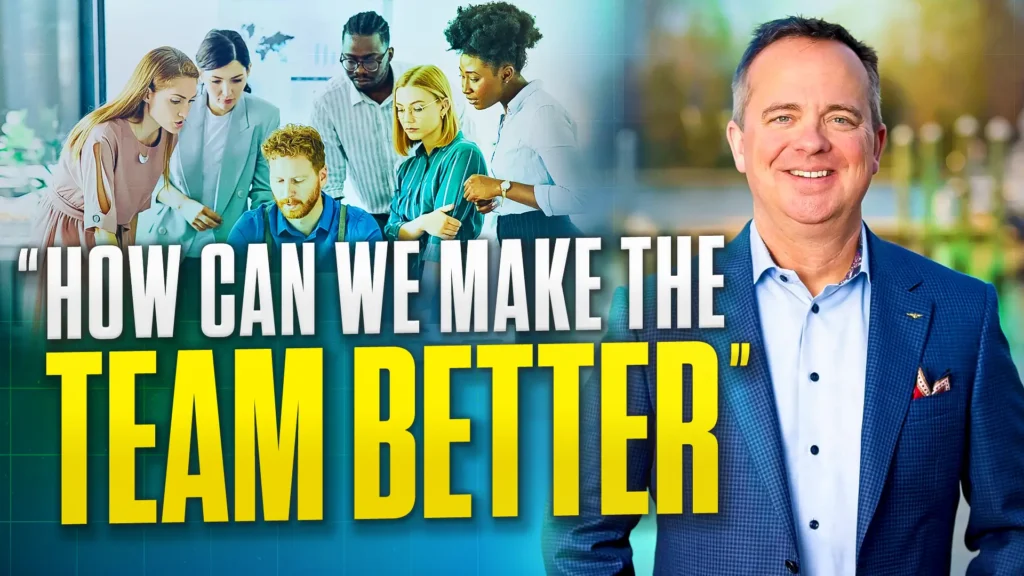
Confidence Without Vulnerability Creates Teams That Never Improve
Learn how confidence and vulnerability coexist in high-performing teams from decorated Navy fighter pilot Jack Becker's proven debrief strategies.
Read More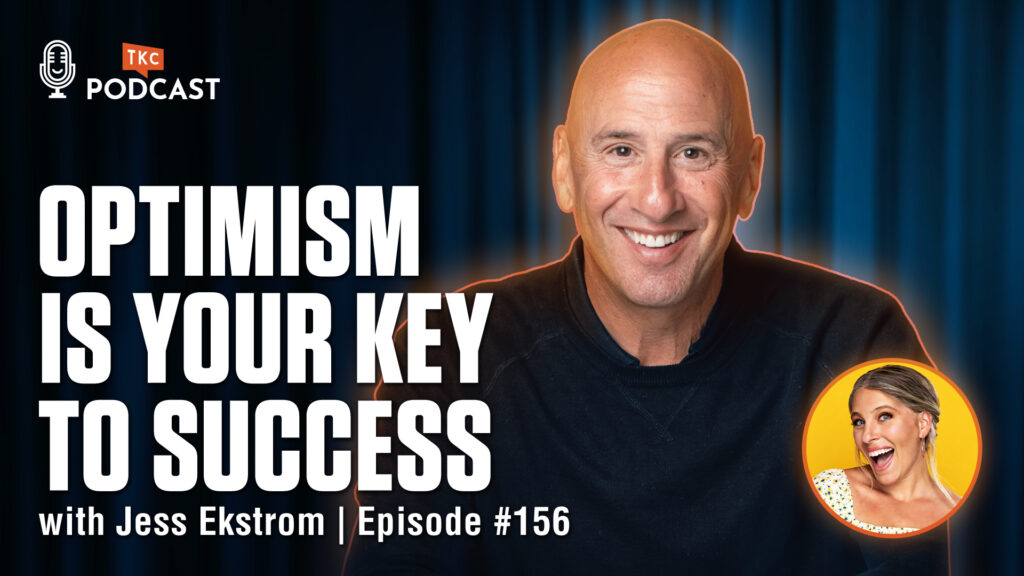
Optimism as a Strategy to Turn Setbacks into Triumphs, with Jess Ekstrom
Keynote speaker Jess Ekstrom reframes optimism as a strategy for resilience, success, and making it without burning out.
Read MoreRelated Futurist Speakers
Get in TouchContact US
Fill out the form so we can best understand your needs.
A representative from The Keynote Curators will reach out to you.

